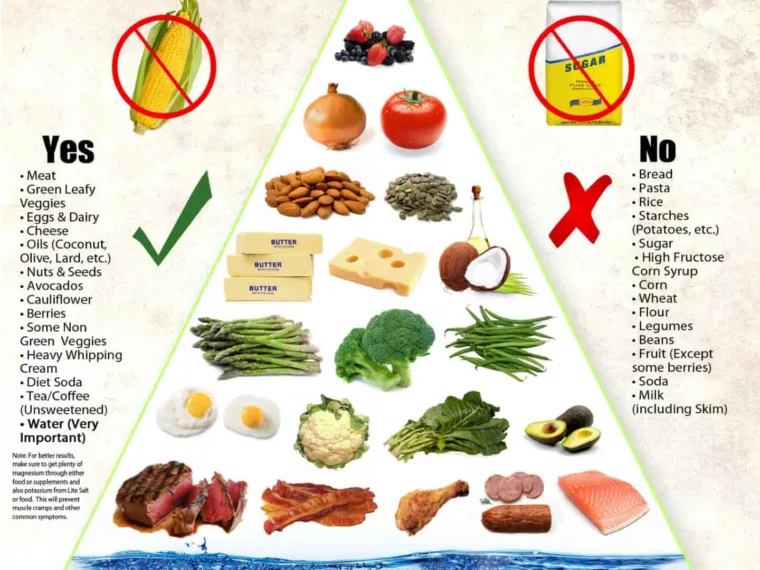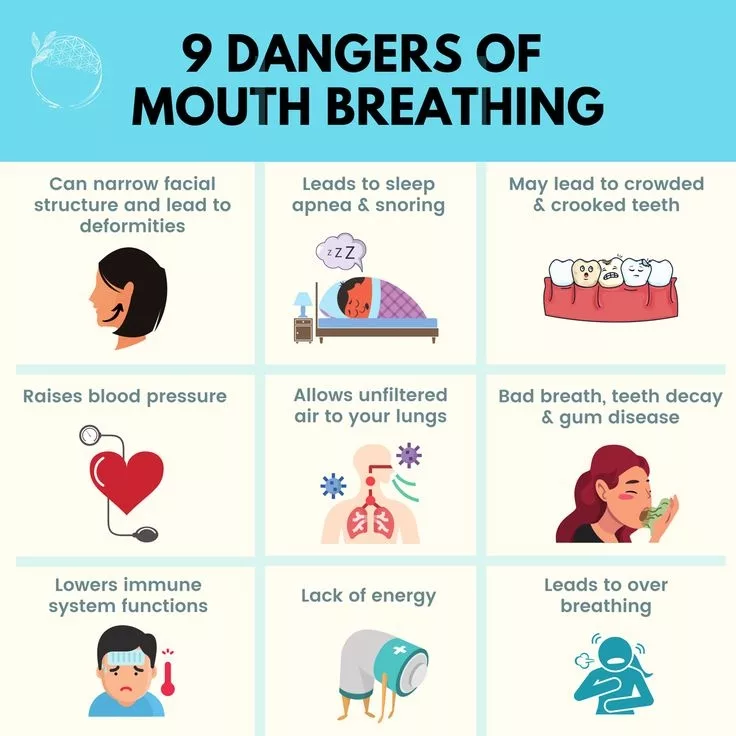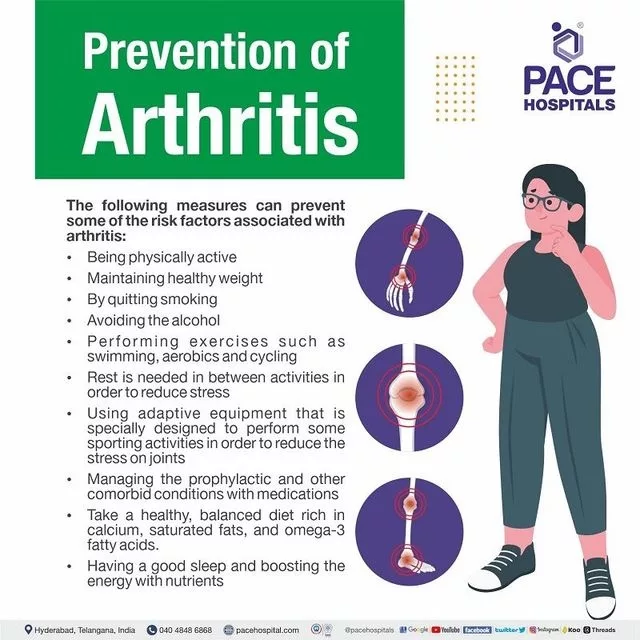Effective Dietary Methods for Brain Health: About the Ketogenic Diet
Today, I want to talk about a health-related topic. I’m going to discuss the ketogenic diet, which has been gaining a lot of interest recently. I want to introduce you to this diet method that is effective for brain health. Shall we learn together?

What is the Ketogenic Diet?
The ketogenic diet is a diet that restricts carbohydrate intake and excessively consumes fats and proteins. This diet generates chemicals called ketone bodies in the body’s metabolic process, using them as a source of energy. In other words, it produces energy by burning fats instead of carbohydrates. This diet can have various health benefits and also significantly impact brain health.
The Relationship Between Diet and Brain Health
Diet greatly influences the function of our brains. A lack of nutrients or unbalanced eating habits can lead to decreased cognitive ability, memory loss, and lack of concentration, negatively affecting brain health. Therefore, maintaining brain health through a proper diet is very important.
The Basic Principles of the Ketogenic Diet
The ketogenic diet is based on the principle of restricting carbohydrate intake and excessively consuming fats and proteins. A typical ketogenic diet aims to consume less than 20-50g of carbohydrates per day. This induces the body to burn fats, produce ketone bodies, and use them as an energy source.

The Impact of the Ketogenic Diet on Brain Health
The ketogenic diet can provide many benefits for brain health.
Firstly, ketone bodies are a major energy source used by the brain. Generating ketone bodies by burning fats instead of carbohydrates allows the brain to receive a stable supply of energy. This helps improve brain function and enhance cognitive abilities. Secondly, the ketogenic diet maintains stable blood sugar levels. Large fluctuations in blood sugar can negatively affect brain function, but the ketogenic diet protects brain health by maintaining stable blood sugar levels.
Precautions Before Practicing
There are a few precautions to be aware of before practicing the ketogenic diet.
Firstly, since the ketogenic diet severely restricts carbohydrate intake, it is advisable to consult with a medical professional depending on one’s weight or health condition. Secondly, it may take some time to adapt to the diet initially, so it is important to practice it consistently with patience.

Food Guide for the Ketogenic Diet
There are various foods you can choose for the ketogenic diet. High-fat foods include avocados, duck meat, shrimp, and onions, while high-protein foods include chicken breast, eggs, and rabbit meat. Also, nuts, cheddar cheese, and olives can be eaten as snacks between meals.
Foods to Avoid in the Ketogenic Diet
There are also foods to be cautious of when practicing the ketogenic diet. Fruits, which are high in sugar, should be restricted in the carbohydrate-limited ketogenic diet. Also, starchy foods like rice, bread, fruit juices, and potatoes should be avoided.
Methods for Entering and Maintaining the Ketogenic Diet
To start the ketogenic diet, the first step is to restrict carbohydrate intake. It is important to avoid foods high in carbohydrates like grains, sugars, and starches, and instead, consume high-fat and high-protein foods. Also, stocking up on ketogenic foods is a good method to maintain the diet.

Tips for Maintaining Long-Term Brain Health
In addition to the ketogenic diet, there are other methods to maintain long-term brain health. Regular exercise helps increase blood flow, supplying oxygen and nutrients to the brain. Also, sufficient rest and sleep are important for maintaining brain health.
Frequently Asked Questions About the Ketogenic Diet
-
How long should I practice the ketogenic diet? The duration of the ketogenic diet can vary for each individual. It is common to continue until reaching the target weight, but it is advisable to consult with a medical professional and decide based on one’s individual condition.
-
What side effects can the ketogenic diet cause? The ketogenic diet can cause fatigue, physical discomfort, and digestive issues initially. However, most side effects disappear as the body adapts, so continuous practice is important.
-
Who is recommended for the ketogenic diet? The ketogenic diet is recommended for people with obesity, diabetes, and metabolic syndrome. However, it is best to consult with a medical professional and decide based on one’s health condition and goals.
-
How much weight can I lose with the ketogenic diet? Weight loss varies depending on the individual’s situation and practice method. Although the ketogenic diet is practiced for weight loss, the body’s response can differ for each person.

The ketogenic diet can provide many benefits for brain health, but it is important to practice it correctly and maintain it continuously. By consulting with a medical professional and consuming a diet suitable for the individual, and by engaging in regular exercise and getting enough rest, long-term brain health can be maintained.





